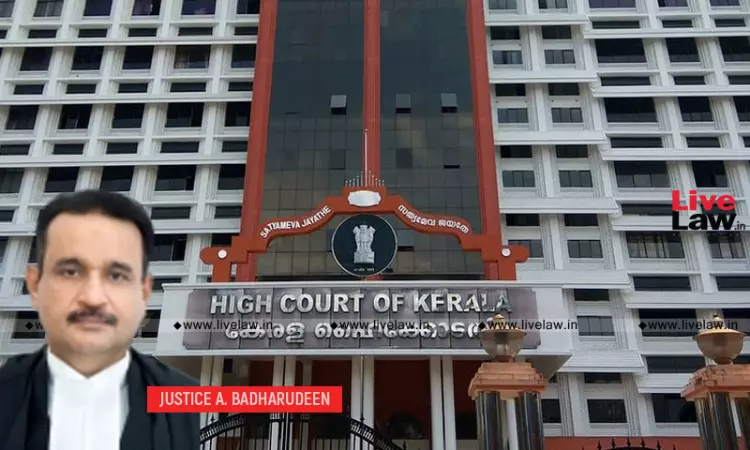Leniency Cannot Be Shown When Officers Of State Are Accused Of Heinous Crimes : Kerala High Court
Sheryl Sebastian
28 Feb 2023 9:07 PM IST

Next Story
28 Feb 2023 9:07 PM IST
The Kerala High Court while refusing bail to two army personnel held that when the accused is an officer of the State, "leniency is not the sanction of law, instead rigidity is the rule of law" . A single bench of Justice A.Badharudeen was hearing an anticipatory bail application where initially the offences registered against the petitioners were bailable, but subsequently the...
